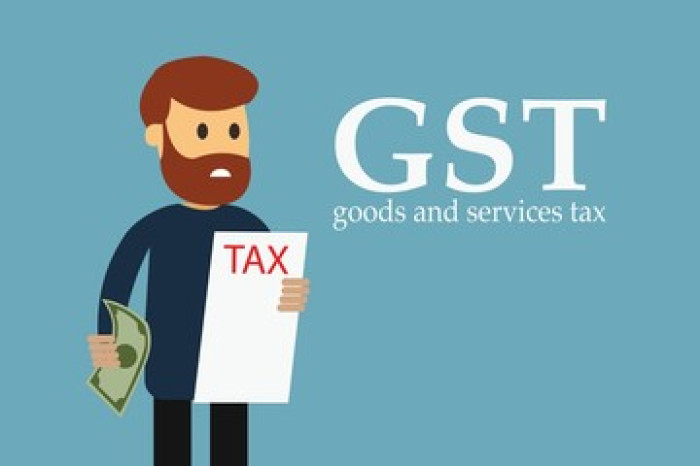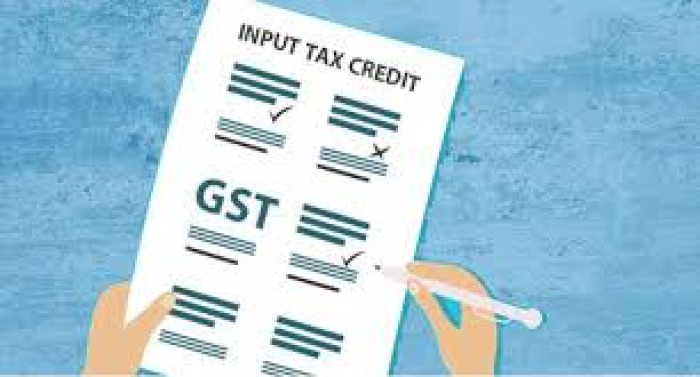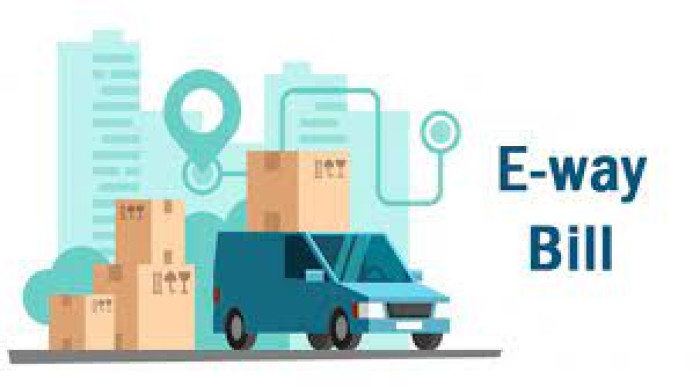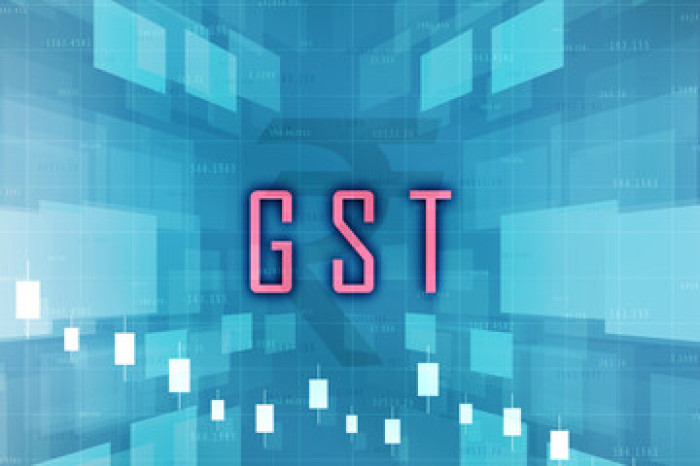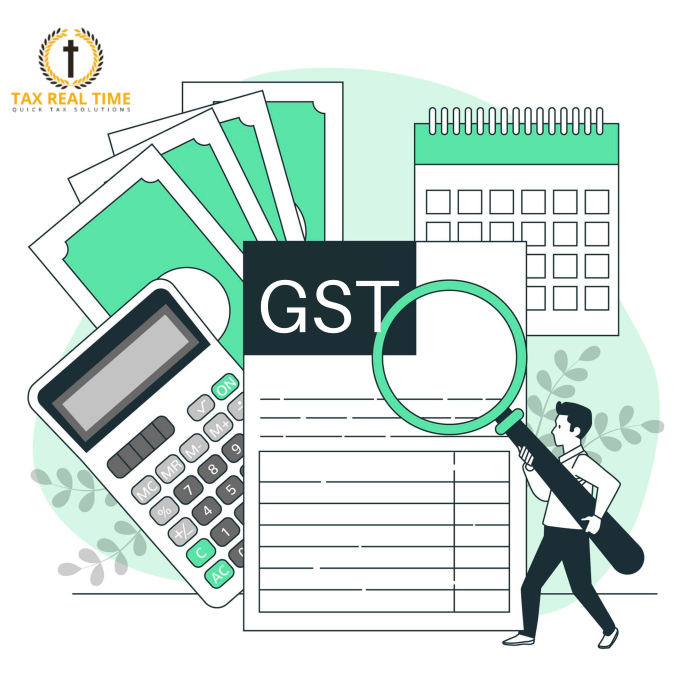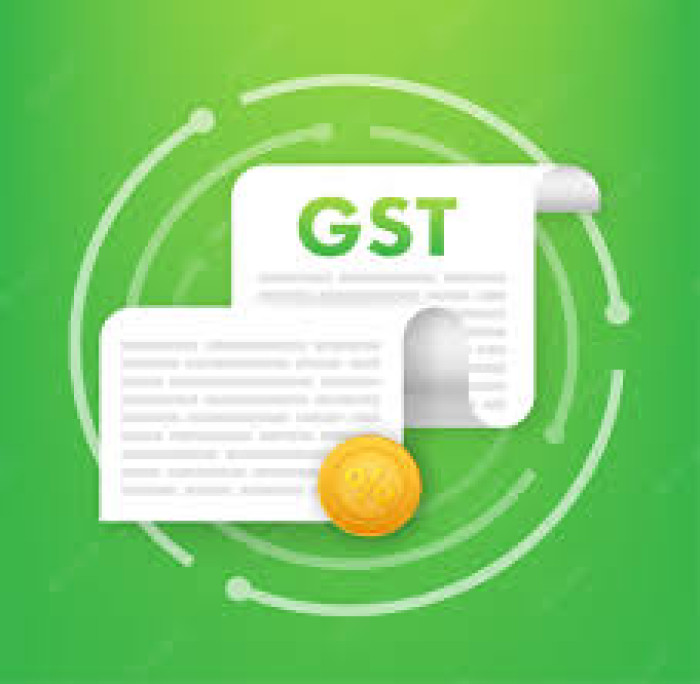GST - Supreme Court : When a jurisdictional error is alleged, such as an authority exceeding its powers in refund adjudication, the writ court can intervene despite the existence of an appellate remedy [Order attached]


The Supreme Court of India recently upheld a decision by the Delhi High Court allowing a writ petition in a case involving refund claims under the Goods and Services Tax (GST) framework. The case concerned Hybon Technologies Pvt. Ltd., whose refund claim had been rejected by the revenue authority. The company argued that the authority exceeded its jurisdiction by adjudicating the admissibility of Input Tax Credit (ITC), which should not have been within its purview. The Delhi High Court agreed with Hybon Technologies, allowing the writ petition despite objections from the revenue authority, which argued that an appeal should have been the proper course of action.
The revenue authority challenged this decision by filing a Special Leave Petition (SLP) with the Supreme Court. However, the Supreme Court dismissed the SLP, endorsing the High Court's stance that jurisdictional errors warrant writ intervention even when appellate remedies are available. This decision underscores the principle that taxpayers can seek direct judicial intervention when they believe that refund rejections involve jurisdictional overreach by authorities, without being required to first pursue appellate remedies.
This ruling is significant as it clarifies the circumstances under which writ jurisdiction can be invoked in tax refund disputes, particularly when there is an alleged excess of jurisdiction by the revenue authorities. It emphasizes the judiciary's role in addressing fundamental jurisdictional challenges, thereby providing taxpayers with a direct route to contest such issues in court.
Your free trial / membership plan is expired.
Kindly subscribe to get complete access to indirect tax updates and issue wise cases
Why subscribe to us ?
Get complete access to news updates and download copy of case laws/ notification/ circular etc.
Be a part of our WhatsApp group and read real time indirect tax updates
Access to ready case laws of General Issues and Industry Wide Issues under GST
Access to relevant provisions of law / circular in respect to the issues, along with trail of their amendments
Write your GST query to us for evaluation
Subscription Charges:*
Indirect tax updates -
6 months @299 / 1 Year @499 only
Indirect tax updates + Issue wise cases -
6 months @1199 / 1 Year @1999 only
*Plus applicable GST
Admin
16-Sep-2025 08:37:21
The Supreme Court of India recently upheld a decision by the Delhi High Court allowing a writ petition in a case involving refund claims under the Goods and Services Tax (GST) framework. The case concerned Hybon Technologies Pvt. Ltd., whose refund claim had been rejected by the revenue authority. The company argued that the authority exceeded its jurisdiction by adjudicating the admissibility of Input Tax Credit (ITC), which should not have been within its purview. The Delhi High Court agreed with Hybon Technologies, allowing the writ petition despite objections from the revenue authority, which argued that an appeal should have been the proper course of action.
The revenue authority challenged this decision by filing a Special Leave Petition (SLP) with the Supreme Court. However, the Supreme Court dismissed the SLP, endorsing the High Court's stance that jurisdictional errors warrant writ intervention even when appellate remedies are available. This decision underscores the principle that taxpayers can seek direct judicial intervention when they believe that refund rejections involve jurisdictional overreach by authorities, without being required to first pursue appellate remedies.
This ruling is significant as it clarifies the circumstances under which writ jurisdiction can be invoked in tax refund disputes, particularly when there is an alleged excess of jurisdiction by the revenue authorities. It emphasizes the judiciary's role in addressing fundamental jurisdictional challenges, thereby providing taxpayers with a direct route to contest such issues in court.
Order date: 29 Aug 2025
Parties: Special Commissioner, Zone-11 & Ors. v. Hybon Technologies Pvt. Ltd.
Facts -
- Hybon Technologies’ refund claim under Section 54 of the CGST Act read with Section 16 of the IGST Act was rejected by order dated 14.02.2025.
- The company filed a writ petition before Delhi High Court, contending that the revenue authority, while examining refund, had ventured into adjudicating admissibility of ITC, which exceeded its jurisdiction.
- The respondents objected to the writ’s maintainability, arguing that an appeal was the proper remedy.
- The Delhi High Court (18.03.2025) overruled this objection, holding that the issue raised was a jurisdictional challenge that struck at the foundation of the impugned order, thus warranting writ interference. Notice was issued and the matter tagged with a connected writ.
- The revenue challenged this order before the Supreme Court by filing the present SLP.
Issue -
- Whether the Delhi High Court was justified in entertaining a writ petition against refund rejection, despite availability of an appellate remedy, when the challenge was based on jurisdictional grounds.
Order -
- The Supreme Court, after hearing counsel and perusing the record, found no good reason to interfere with the High Court’s order.
- It upheld the High Court’s view that when a jurisdictional error is alleged—such as an authority exceeding its powers in refund adjudication—the writ court can intervene despite the existence of an appellate remedy.
- By dismissing the SLP, the Court reaffirmed that writ jurisdiction remains available in refund disputes involving jurisdictional excess.
- This serves as a key takeaway that taxpayers can directly invoke writ jurisdiction where refund rejections are based on issues beyond the authority’s domain, rather than being compelled to exhaust appellate remedies.
Related Post
Post Category
Your free trial/ membership plan has expired. Kindly subscribe to get complete access of tax news updates.

Why subscribe to us ?
Get complete access to news updates
Access to the Order Copy of the case law/ Notification/ Circular etc
Be a part of our Whatsapp group and read real time tax updates
Access to ready case laws/ circulars on general and industry-wide issues under GST
Submit your GST issues to us for evaluation





